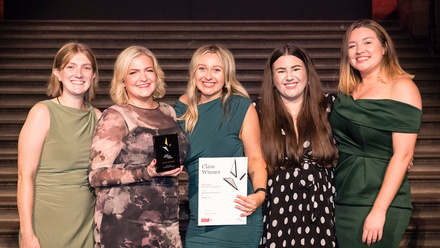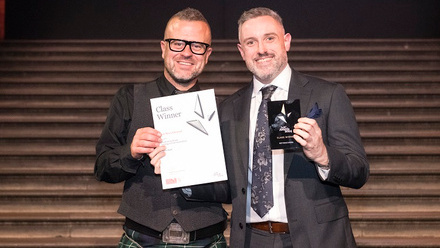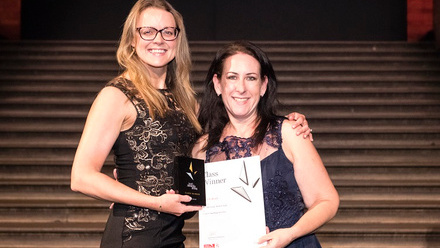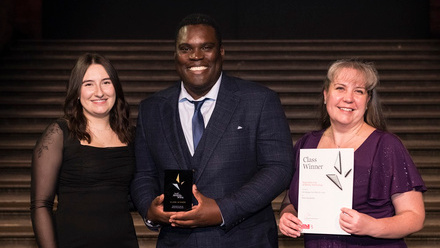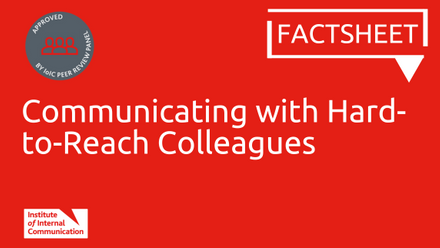In this episode, Jen, Dominic, Cat are joined by Professor Michael Heller and Dr Joe Chick to discuss the institutional history of internal communication. They recap the progress of their research project and share their discoveries from archival research. They explore the concepts of diachronic and synchronic analysis and how the perspective on well-being has evolved over time. They also discuss the factors that have accelerated internal communication, including crises and the changing role of management. The conversation highlights the importance of continuity and change in internal communication and the strategic use of language, such as family metaphors. This conversation explores the history and future of internal communications (IC). The professionalisation of IC is an ongoing process, and the use of rhetorical history and organisational memory plays a significant role in shaping the field. The importance of heritage and history in IC is highlighted, with the International Association of Business Communicators (IABC) being one of the oldest IC organisations. The impact of new technologies, such as social media and AI, on IC is discussed, emphasising the shift from content creation to curation and co-creation. The conversation concludes with the importance of listening and learning from the past in order to reimagine the future of IC.
Takeaways
- The institutional history of internal communication involves analysing the past and present to understand the evolution of the field.
- Diachronic analysis focuses on studying a specific point in the past, while synchronic analysis examines a point in time across different periods.
- The perspective on well-being has changed over time, with modern internal communication emphasizing employee well-being.
- Crisis has played a significant role in shaping internal communication, with organisations responding to crises by developing new communication strategies.
- Continuity and change are important in internal communication, with some aspects remaining constant while others evolve.
- The strategic use of language, such as family metaphors, can shape internal communication practices and organisational culture. The professionalisation of internal communications is an ongoing process.
- Rhetorical history and organizational memory play a significant role in shaping internal communications.
- Heritage and history are important in internal communications, providing a sense of pride and gravitas.
- New technologies, such as social media and AI, are changing the landscape of internal communications, shifting from content creation to curation and co-creation.
- Listening and learning from the past are crucial in order to reimagine the future of internal communications.
About Professor Michael Heller, Newcastle Business School at Northumbria University
Michael Heller is a Professor of Business History at Newcastle Business School, Northumbria University. His research focuses on the history of large-scale organisations, work, corporate communication and society. He has published in a number of leading global academic journals such as Organisations Studies, British Journal of Management, European Journal of Marketing and Business History. He has been researching and publishing on internal communication for sixteen years.
https://historyofinternalcomms.org/
https://www.linkedin.com/in/professor-michael-heller-b94819a5/
About Dr. Joe Chick
Joe is a historian with an interest in long-term changes in social history from the medieval era to the present day. His research at Northumbria University is on the rise of large organisations since the late nineteenth century, focusing on the discourse and practice of employer communication with employees.
The themes of power relations and institutional change also appeared in his previous research into the transition from the medieval to the early modern era. His work looked at the power of the monasteries through their lordship over English towns, looking at town–abbey relations and institutional change with the sudden removal of these exceptionally powerful lords with Henry VIII’s dissolution of the monasteries. His first book Urban Society and Monastic Lordship in Reading, 1350-1600 was published with Boydell & Brewer in 2022.

